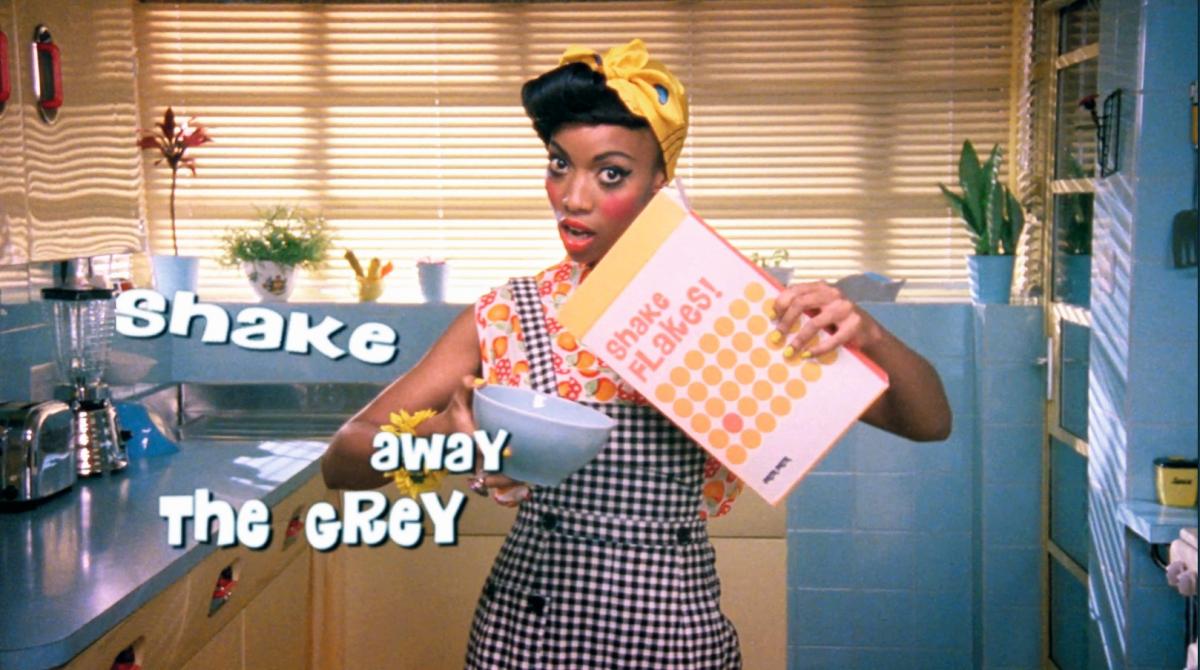
Pour Me a Drink And I’ll Tell You a Lie
The song «Pata Pata» from the nigerian singer Temi DollFace refers to a long tradition of protest music. Influenced by Fela Kutis critical songs it is also a symbol for a new feminism that questions traditional relationships. From the Norient book Seismographic Sounds (see and order here).
There is a popular Nigerian saying: «No condition is permanent». With its biblical ring, it’s used to comfort people in situations that appear beyond ordinary human effort – whether they’re afflicted by childlessness («In God’s time…») or a corrupt political boss who lords his power over others («Every day for the thief…»). Change is inevitable in all human endeavors, from politics to intimate relationships, and the way things are is not necessarily the way things ought to be, or the way things will always be.
In «Pata Pata», Temi DollFace calls for change in a stale relationship. «Pour me a drink and I’ll tell you a lie», she offers. Her significant other might expect her to say, «I’m in love with you and all the things you do», but Temi DollFace sweetly reminds him, «You know that wouldn’t be sincere». It’s not just that the usual niceties are lies: the relationship itself is «over, pata pata» (completely over). It no longer meets its participants’ needs, and while «we could go on pretending» as though everything were fine, Temi DollFace «Can no longer compromise… I don tire for your wahala» (I’m tired of the trouble you’re giving me).
Throughout the video, Temi DollFace advertises eleven household products marketed to metaphorically fix relationships. Dressed as a housewife, she sells «Shake Flakes» for fewer grey days, the «Pata Knife» for an end to wahala, and even a «Pata Pata Bedsplitter» that lets estranged lovers share the same bed while ignoring each other. These products allow a woman and her significant other to «go on pretending», but they do nothing to address the actual problems in the relationship. They are superficial solutions to challenges that require a change in perspective. The final product, the «Pata Pata Getaway Car», provides a woman with a way to escape the house (and the societal norms) within which she’s been trapped and begin a new life on her own.
«Pata Pata» emerges from – and directly references – a long tradition of protest music calling for paradigmatic change. In its funky bass line and call-and-response chorus (those filtered voices calling «Pata pata!»), the song echoes the Afrobeat sounds of Fela Kuti, who used his music to point out the injustices of military dictatorships in the 1970s and 1980s. Fela’s best-known songs, like «Zombie» and «Shuffering and Shmiling», call out not only the government, but also Nigerian citizens, whose complacency in their relationship with the government enabled its dysfunctionality. Following Fela’s lead in a more metaphorical style, Temi DollFace’s «Pata Pata» asks us to consider the necessity and nature of change in relationships of all kinds.
This text was published first in the second Norient book «Seismographic Sounds».
Biography
Shop

Published on March 25, 2016
Last updated on April 11, 2024

